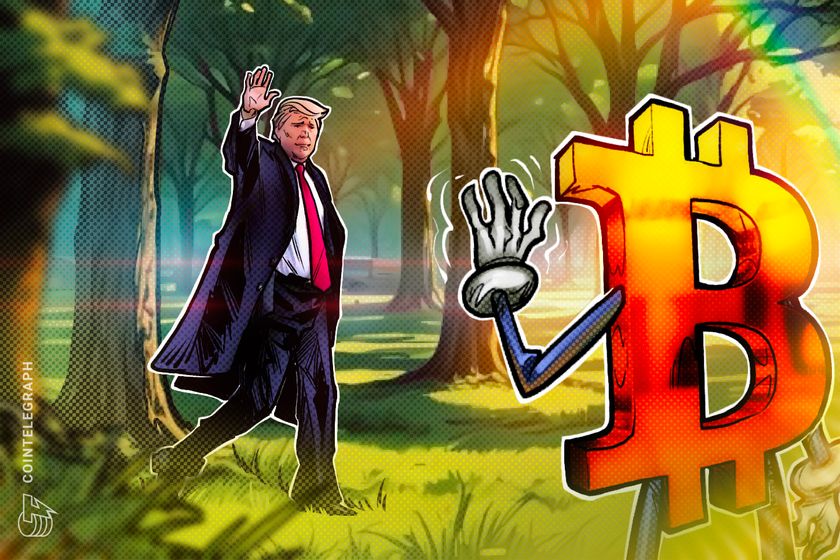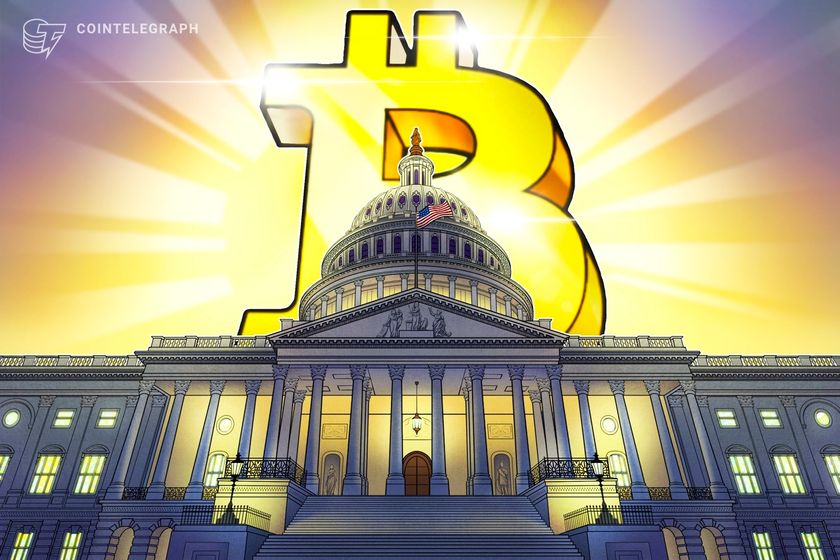FSB starts from the definition of “global stablecoin”, which serves as a means of payment and storage and has the potential for adoption across multiple jurisdictions.
Follow up
Normally, the numerous reports published by the Financial Stability Board (FSB) don’t contain particularly bold suggestions.
The international monitoring body, comprised of financial authority representatives from the 20 largest economies of the world (G-20), the FSB limits its scope to risk analysis, not bothering itself with a global vision for economic development.
However, the latest set of crypto guidelines, crafted by the FSB for local and global regulators, contain some rather rigid propositions.
Perhaps the most outstanding of them is the demand for every stablecoin issuer to obtain a local license before any operations in a particular jurisdiction. Until now, such a procedure was familiar to crypto platforms, conducting numerous functions, starting with custody and exchange. And even those providers are still struggling to get their permission in the majority of national jurisdictions. So what could such demand mean for stablecoin providers?
What exactly do the new guidelines suggest?
On July 17, the FSB suggested a global regulatory framework for crypto, divided into two sets of recommendations. One of them — high-level recommendations for regulating crypto in general — didn’t contain any huge surprises.
The Board proposed to follow the principle of “same activity, same risk, same regulation” and oblige crypto platforms to comply with some basic, much-discussed rules: Segregate clients’ digital assets from their own funds and separate functions. It also noted that regulations won’t be effective until authorities can collaborate fully across jurisdictions.
High-level recommendations for the “Regulation, Supervision and Oversight of Global Stablecoin Arrangements” bring more vivid suggestions. The FSB starts from the definition of “global stablecoin” (GSC) — a coin, that serves as a means of payment and storage and has the potential for adoption across multiple jurisdictions. As GSCs potentially have a huge impact on the economy, any national regulator, according to FSB, should:
“Have and utilise the powers and capabilities to, as applicable, regulate, supervise, oversee and, if necessary or appropriate, effectively prohibit stablecoin activities being conducted and stablecoin services being offered to users in or from their jurisdiction.”
To exert that kind of control, the local authorities should demand from GSC providers a “governance framework.” In particular, this would include a “governance body,” comprised of one or more identifiable and responsible legal entities or individuals. This means that fully permissionless ledgers could pose “particular challenges to the accountability and governance.” Authorities should make sure they control those as well.
Along with the standard set of risk management and anti-money laundering/combatting terrorist financing (AML/CFT) requirements, GSC issuers should bear in mind compliance with the Financial Action Task Force (FATF) “travel rule.”
The rule was introduced in 2019 specifically to target the anonymity of illegal cryptocurrency transactions. According to the rule, virtual asset providers must obtain and disclose precise details on the sender and recipient of a crypto transfer, “either during the transaction or prior to it.” In June 2023, the FATF claimed “more than half” of UN countries had taken no action to implement the rule.
Stablecoin providers would have to implement data management systems that “record and safeguard” the relevant data and information. Additionally, the FSB adds, all applicable data privacy requirements should be also respected under local jurisdictions.
Recommendation number nine specifies the order of redemption rights, which must be protected for GSCs to operate. The issuer should ensure that users’ redemption won’t be compromised by the disruption of an intermediary or any other cause. Here’s where the de-facto prohibition of algorithmic stablecoins comes into play:
As to the reserve assets that back the stablecoins’ value, they should exclude “speculative and volatile” assets with insufficient historical evidence and data of quality and liquidity. “Such as most crypto-assets,” the document concludes.
The market value of reserve assets should meet or exceed the amount of stablecoins in circulation at all times.
There is, however, an important reservation, as the FSB makes an exception from 1:1 reserve assets rules to those GSC issuers, which are subject to oversight, equivalent to commercial banks.
Last, but not least is recommendation number 10. It sets the preliminary requirement for GSC issuers to obtain a license in every particular jurisdiction to operate there. As the document goes:
Such a demand incurs several questions in addition to concerns around stablecoin issuers facing procedures similar to crypto exchanges.
Would crypto exchanges have to freeze the trading of certain stablecoins in jurisdictions where the coins are still waiting for the necessary documentation?
Given that the global stablecoins in question are, in the first place, the most popular ones, such as Tether (USDT), USD Coin (USDC) or Binance Coin (BNB), such requirement in the name of financial stability threatens the market with severe disruption.
A “tricky obligation” which may become real
“Having to register with different jurisdictions that have different rules, reporting requirements, and controls will likely complicate things and result in bigger challenges to overcome,” Sacha Ghebali, director of strategy at The Tie, told to Cointelegraph.
In his opinion, without any further amendments, such measures could lead only to a less efficient system where stablecoins are exchanged on decentralized finance (DeFi) secondary markets.
Eugen Kuzin, CMO at the crypto payments ecosystem CoinsPaid, also sees the license demand as a “tricky obligation” that may be hard to fulfill. Speaking to Cointelegraph, he explained stablecoin issuers would simply engage in regulatory arbitrage:
Opportunities for this type of arbitrage won’t last for long if the FSB’s recommendation of full cross-border integration of regulations at some point would become a reality. But does the Financial Stability Board have enough power to achieve that?
“While the FSB is not a regulatory body, its influence is a very strong one and its recommendations are highly valued by governments and regulators,” Kuzin said.
Ghebali is skeptical about the potential application of Basel Bank standards to stablecoin providers as they can’t substitute 1:1 reserve assets demand. The speed at which assets can move on-chain, he said, is much greater than what traditional finance regulation is used to and it calls for a more cautious approach: “Only then will additional layers of risk be added by other services, but we need that fundamental brick first.”
Kuzin, in his turn, believes that the option — proposed by the FSB provides valuable variability to the market and opens a window of opportunity for new players: “It may provide relief to new entrants, while established issuers already maintain a business model that relies on fiat pegging and as such may boycott this provision.”
Magazine: Girl Gone Crypto thinks ‘BREAKING’ crypto news tweets are boring: Hall of Flame




